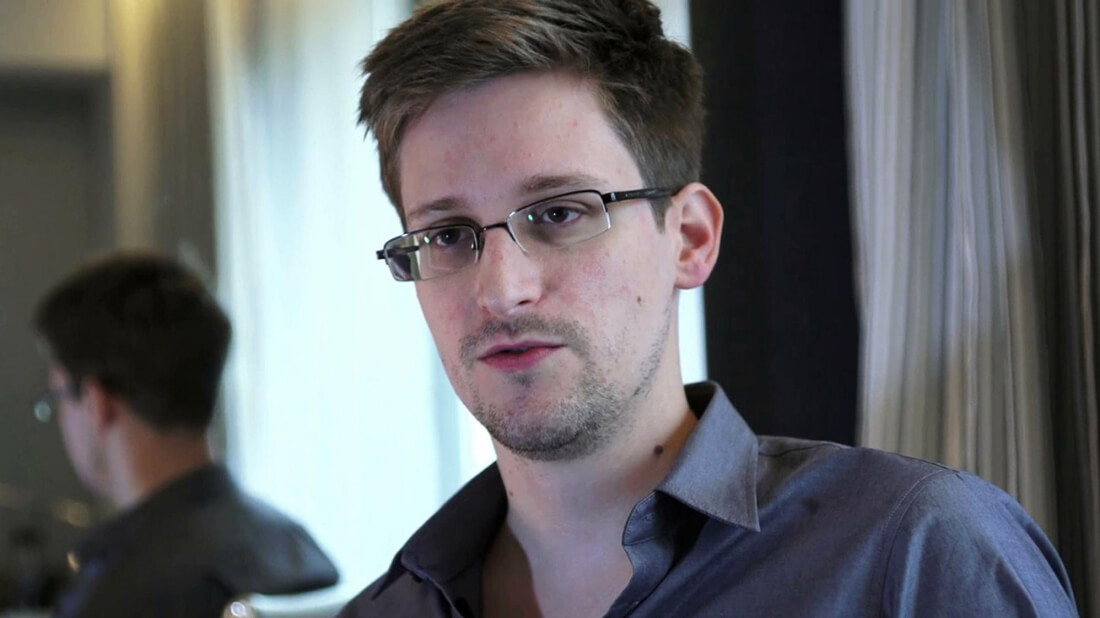A Russian "anti-terrorist" bill that, among other things, makes backdoors in encrypted messaging apps mandatory, has been passed by the country's lower house of parliament.
On Friday, the controversial legislation looked certain to become law after a massive 325 members of the State Duma voted in its favor, with only 1 vote against. It still needs the approval of the upper chamber and President Vladimir Putin, but this seems almost certain to happen.
The so-called "Yarovaya law," which was introduced as a response to the bombing of a Russian passenger jet over Egypt last October, has drawn criticism from a number of privacy advocates, including Edward Snowden, who has been living in Russia since 2013 following his NSA whistle-blowing antics.
Snowden called the law an "unworkable, unjustifiable violation of rights that should never be signed."
Russia's new Big Brother law is an unworkable, unjustifiable violation of rights that should never be signed. https://t.co/HNsYmRaxR3
--- Edward Snowden (@Snowden) June 25, 2016
In addition to the encryption rule, the law will make it a crime not to report planned terrorist attacks, armed uprisings, and several other criminal activities. Moreover, anyone expressing an approval of terrorism online will face up to seven years in prison, and the maximum penalty for "extremism" - a term that covers protesters, bloggers, and social media users who oppose the government - will be increased from four to eight years in prison.
Another aspect of the new law would demand that the country's telecommunications providers maintain records of all communications for six months and all message metadata for three years. The companies claim the cost of storing this extra data would amount to more than $33 billion.
"Store 6 months of content is not just dangerous, it's impractical," tweeted Snowden. "Mass surveillance doesn't work. This bill will take money and liberty from every Russian without improving safety. It should not be signed."
"Store 6 months of content" is not just dangerous, it's impractical. What is that, ~100PB of storage for even a tiny 50Gbps ISP? #BigBrother
--- Edward Snowden (@Snowden) June 25, 2016
Other parts of the bill include restricting missionary work to specially designated areas and allowing property development on Russian nature reserves. It also lowers the age of criminal responsibility for many offenses to 14.
Speaking about the bill's surveillance requirements, Andrei Soldatov, an expert on the Russian security services, said: "Everybody knows it is simply too expensive. The real objective doesn't seem to be surveillance, but to intimidate companies into cooperating with the authorities ahead of parliamentary elections in September."
